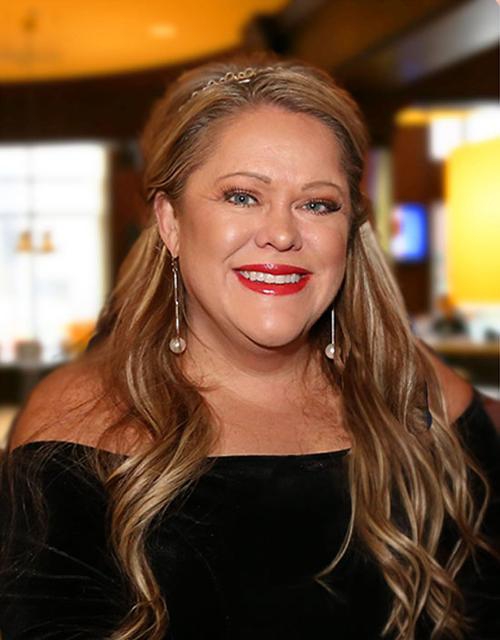.png)
When the weather warms, swimming is often the best relief to beat the heat. But when you and your loved ones head out to enjoy the water, it is important to remember to put safety first.
While many of us feel comfortable around water, drowning is a real danger, even to those who appear to be strong swimmers. Drowning claims nearly 8,000 lives annually and is the fourth leading cause of accidental death in the United States.
Who is Responsible?
Many drowning accidents and injuries occur in swimming pools, but about half of all drownings also occur in natural water settings such as lakes, rivers or oceans. And while not all drownings are due to the negligence of others, many are when a lack of supervision or irresponsible behavior is involved.
Types of cases when drowning is due to the negligence of another:
- Failure of a caregiver or lifeguard to properly supervise swimming.
- Boating accidents.
- Negligent design or maintenance of a swimming pool.
- Alcohol consumption or other reckless behavior.
When incidents like those above are the cause for drowning, the best thing to do is to speak with a personal injury attorney. In cases of unintentional drowning and wrongful death, Hupy and Abraham evaluates each situation and determines if it makes sense to pursue a personal injury or wrongful death claim.
While all of us have the responsibility of avoiding unnecessary risks, if someone was at fault in your loved one's death, he or she should be held accountable. But there are many things we can do to prevent drowning accidents from occurring, including knowing the risks that leave us and our loves ones most vulnerable.
Tips to Prevent Swimming Accidents
- Teach children to swim at their own pace. Focus on teaching how to treading water and floating techniques.
- Refrain from using alcohol or other substances if you are swimming or supervising someone who is.
- Provide children with certified life jackets and remember that swimming aids such as water wings or noodles are toys and should never be used in place of a life jacket.
- Supervise children at all times near water – even adults should have someone keeping watch. The safest way to enjoy the water is by using the buddy system.
- Encourage the use of barriers or fences around public and private swimming areas.
- Learn CPR.
If you have lost a loved one to a drowning accident, there is no way to erase the loss. However, a wrongful death lawsuit can help you get accountability. And if your loved one was injured in a drowning accident, a lawsuit can help you get compensation for ongoing medical care and disability.
Our personal injury attorneys are here to help. Please contact Hupy and Abraham with any questions at 800-800-5678, or start a live chat anytime at Hupy.com.

